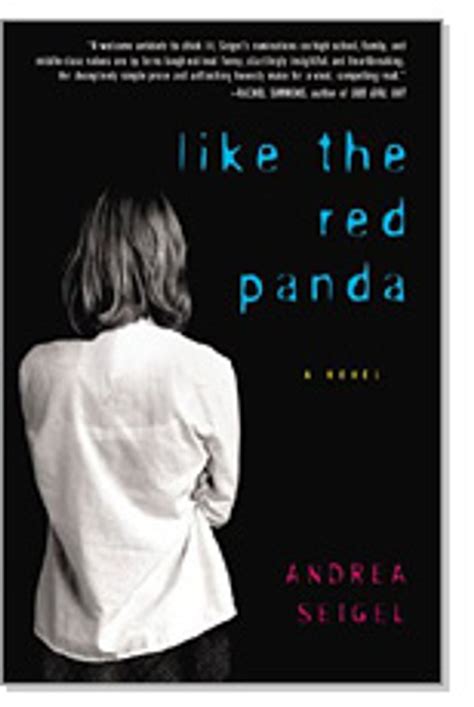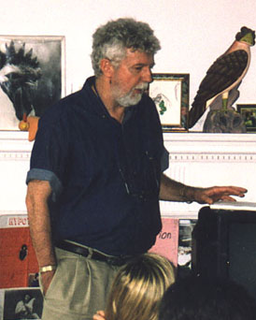A Quote by Andrea Seigel
I do not believe that I will ever write an adult novel from an animal's point of view unless someday it becomes suddenly appealing to me to make a narrator a mentally ill pet. Never say never.
Related Quotes
I really, really enjoy fitting words together - but I only enjoy it when it's easy, when it sort of rolls along by itself. I never erase anything [and] I hardly ever write anything down... The song will be finished before I write it down... I won't write a song unless it serves me in some way, unless I feel I have to write the song to make myself feel better. If you're not overflowing with something, there's nothing to give.
No writer, I believe, should attempt a novel before he is thirty, and not then unless he has been hopelessly and helplessly involved in life. For the writer who goes out to find material for a novel, as a fishermen goes out to sea to fish, will certainly not write a good novel. Life has to be lived thoughtlessly, unconsciously, at full tilt and for no purpose except its own sake before it becomes, eventually, good material for a novel.
I don't impose political responsibilities on my fiction. The last thing I would ever want to do, for example, is write a novel that would appear to want to tell people what to think about the immigration debate, and I would never write a novel whose sole ambition was to give a "positive" view of immigrants. I'm for open borders, by the way - down with the nation state!
This is, if not a lifetime process, it's awfully close to it. The writer broadens, becomes deeper, becomes more observant, becomes more tempered, becomes much wiser over a period time passing. It is not something that is injected into him by a needle. It is not something that comes on a wave of flashing, explosive light one night and say, 'Huzzah! Eureka! I've got it!' and then proceeds to write the great American novel in eleven days. It doesn't work that way. It's a long, tedious, tough, frustrating process, but never, ever be put aside by the fact that it's hard.
I wanted to write about my disorders for people like my husband or mother who don't suffer but have saved people. Mentally ill people don't have a choice in who they are. But those that stand by the mentally ill make an enormous difference. Even when I'm healthy enough to take care of myself I face constant battles, especially with insurance companies.
For many years, people would say, "Only child? Must have been terrible," and I wanted to say, "You are mentally ill, because it was the greatest." You got all the attention. You never had to share anything. No one ever ate your food. No one ever took your toys. But the unintended consequence was that I didn't appreciate that being universally loved was not only not required for happiness, but also not possible.
Someday stars will wind down or blow up. Someday death will cover us all like the water of a lake and perhaps nothing will ever come to the surface to show that we were ever there. But we WERE there, and during the time we lived, we were alive. That's the truth - what is, what was, what will be - not what could be, what should have been, what never can be.







































